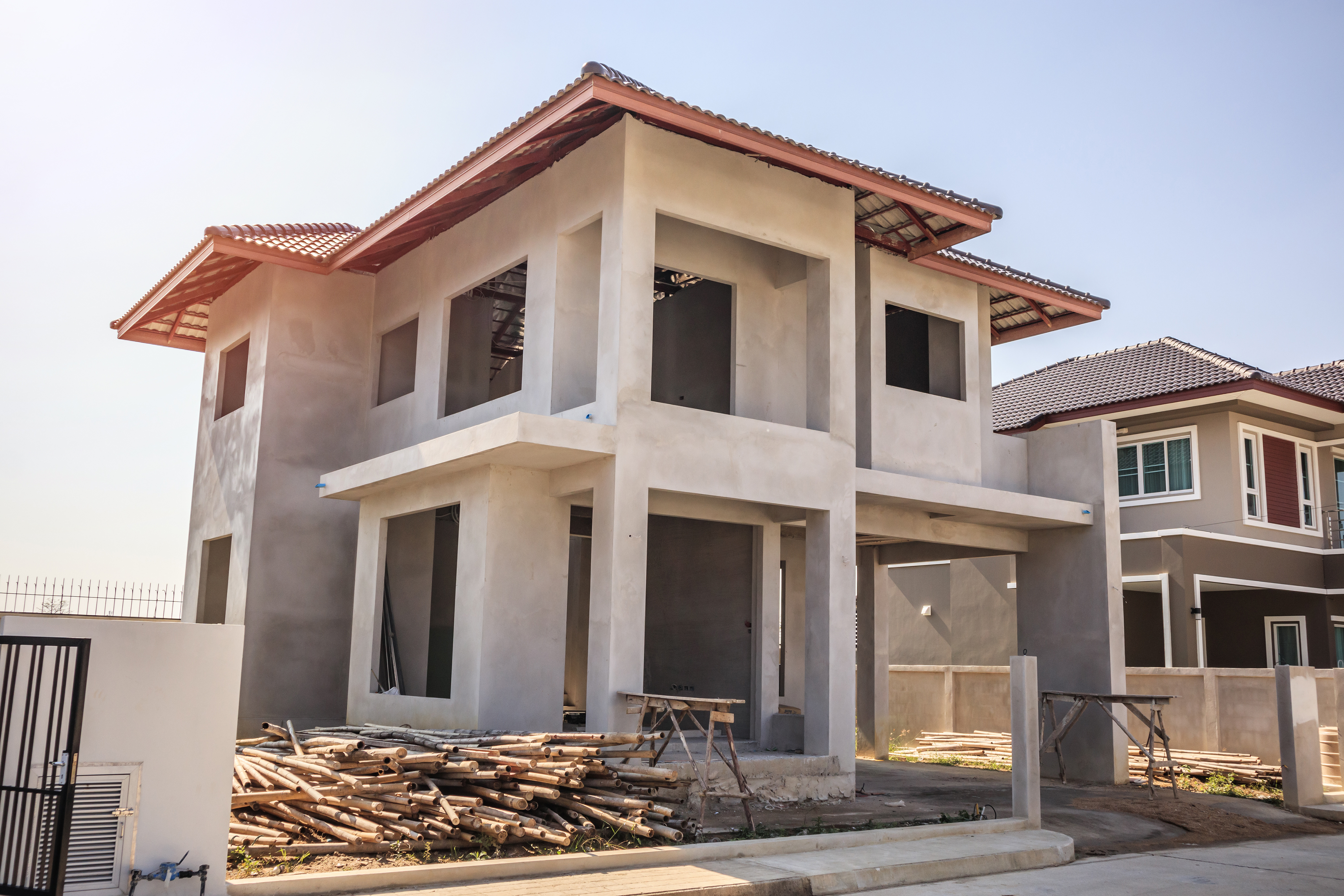
Planning Residential Construction in Tampa? Read This First
Residential construction in Tampa is on the rise, with more homeowners opting to build new homes or complete major renovations instead of buying in a competitive housing market. Whether you’re creating your dream home from the ground up or planning an extensive remodel, starting a construction project in the Tampa Bay area requires more than just a blueprint.
At Spicola Construction, we’ve helped countless clients turn their vision into reality—on time and on budget. To help you prepare, here are seven essential things Tampa homeowners should know before starting residential construction.
1. Tampa Zoning and Permitting Can Affect Your Project Timeline
Before starting any residential construction in Tampa, you’ll need to understand local zoning laws. Tampa’s zoning code regulates everything from property setbacks and building height to what type of dwelling can be constructed on a given parcel. If your design doesn’t comply, you may need to request a variance—a process that can add weeks to your timeline.
In addition to zoning, you’ll need multiple permits issued by the City of Tampa’s Construction Services Division. These include permits for building, electrical, plumbing, and mechanical work. You can learn more about permit requirements on the City of Tampa website.
💡 Working with a local contractor like Spicola Construction ensures that all your permitting and inspection needs are handled properly and efficiently.
2. Florida’s Climate Can Delay or Complicate Construction
Tampa’s subtropical climate brings challenges like humidity, heavy rain, and hurricanes. Summer months are particularly tricky due to daily thunderstorms and potential tropical storms. These conditions can delay exterior work such as roofing, framing, or foundation pouring.
When planning your build, consider starting in the winter or spring months when the weather is more stable. Your contractor should have contingency plans to protect materials and minimize weather-related delays.
3. Use Materials That Perform Well in Florida Weather
Building in Florida means choosing materials that can stand up to extreme heat, UV exposure, salt air (especially near the coast), and moisture. These aren’t just aesthetic choices—they directly impact your home’s durability, efficiency, and long-term maintenance costs.
We recommend:
- Impact-resistant windows and doors (required by Florida building codes in many cases)
- Metal or tile roofing
- Mold- and mildew-resistant drywall
- Low-E glass and energy-efficient insulation
Want more ideas? Energy.gov has helpful guidance on designing energy-efficient homes for hot climates.
4. Budget Realistically—Then Add a Cushion
Construction costs in Tampa have risen over the past few years due to inflation, labor shortages, and supply chain issues. According to HomeAdvisor, the average cost to build a house in Florida ranges between $120 and $200 per square foot, depending on size, materials, and finishes.
Add a contingency budget of at least 10–15% for unexpected expenses. Examples include permit delays, material upgrades, structural changes, or weather setbacks. A good contractor will keep you informed and help you manage your budget wisely.
5. Design for Function and Future Value
It’s easy to get caught up in trends, but timeless, functional design offers the best return on investment. Features like open floor plans, multi-use rooms (like offices or guest rooms), and energy-efficient layouts are popular among today’s homeowners and future buyers alike.
Also consider:
- Smart home technology integration
- Covered outdoor living spaces (perfect for Tampa’s climate)
- Aging-in-place design features if you plan to stay long-term
6. Choose a Contractor With Tampa Experience
Residential construction in Tampa isn’t the same as it is in other cities. You need a contractor who understands the local market, permitting processes, subcontractor networks, and weather-related challenges.
Spicola Construction has deep roots in the Tampa community. We specialize in residential projects that reflect our clients’ needs while complying with Florida’s strict building codes. From architectural planning to final inspections, we’re with you every step of the way.
📍 Check out our Residential Services page to learn more about how we bring Tampa homes to life.
7. Inspections Are Required Throughout the Process
Florida law requires mandatory inspections at various stages of construction—foundation, framing, electrical, plumbing, and final approval. These inspections ensure that all work complies with state and local codes.
Make sure your contractor is familiar with Tampa’s inspection schedule and coordinates directly with city inspectors. This prevents costly rework and delays in closing out your permits.
Final Thoughts: Building Smart in Tampa
Whether you’re building from scratch or undertaking a major remodel, understanding the ins and outs of residential construction in Tampa is the key to a smooth, successful project. From navigating zoning laws to selecting weather-ready materials, the decisions you make early on will affect the outcome of your home for years to come.
At Spicola Construction, we take pride in delivering high-quality craftsmanship backed by local experience and personal service. If you’re ready to start your journey toward a custom-built home in Tampa, we’re ready to help.
📞 Contact us today for a consultation, and let’s start building your future—together.
